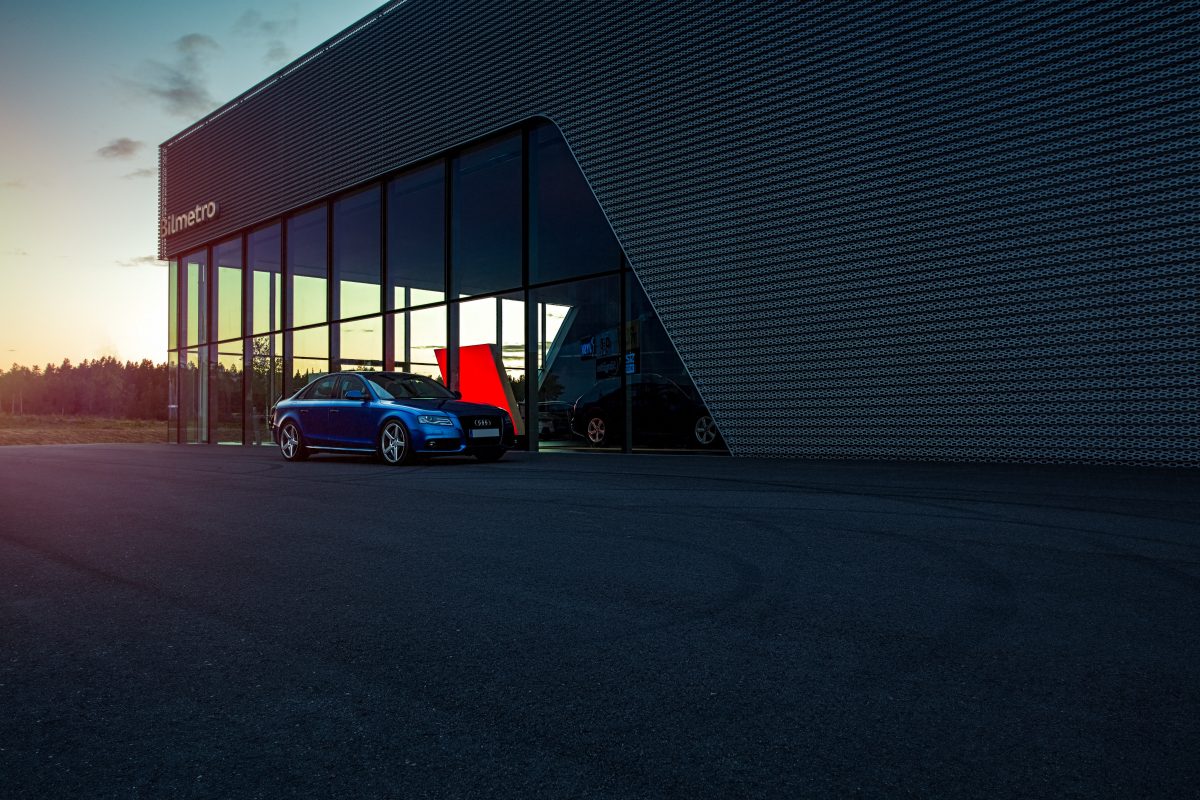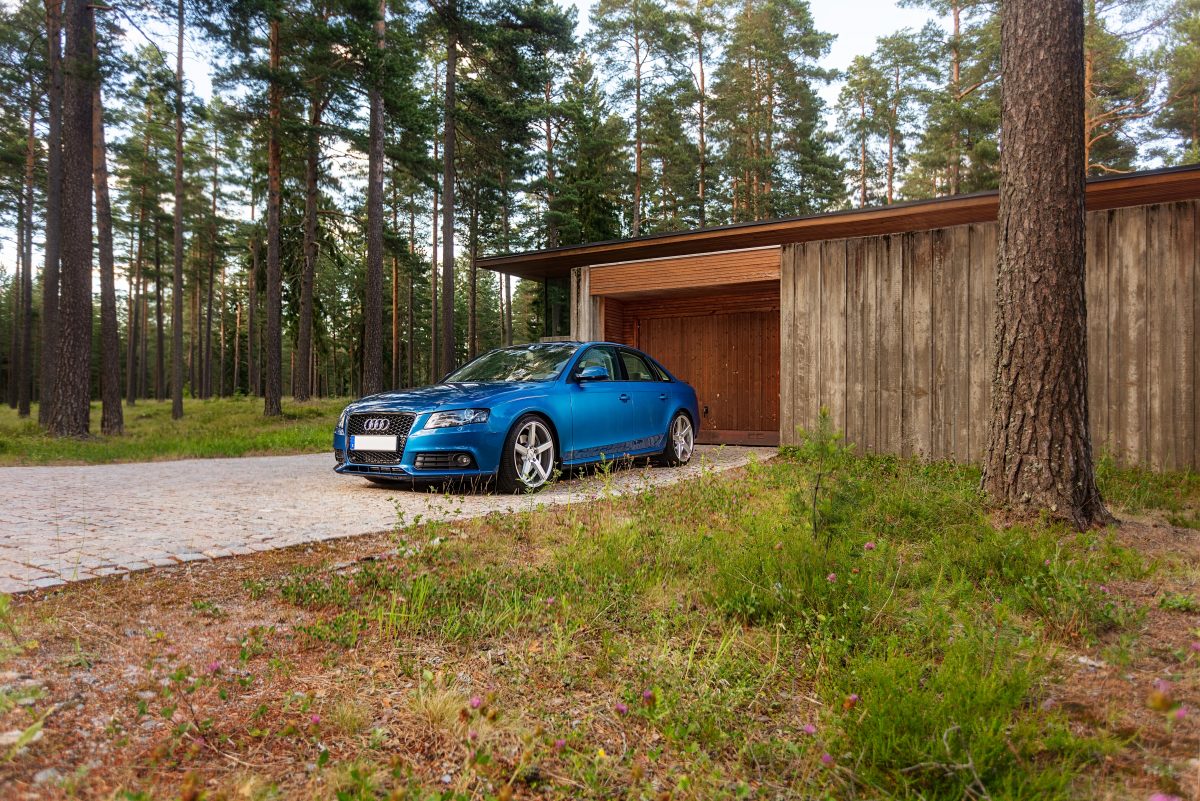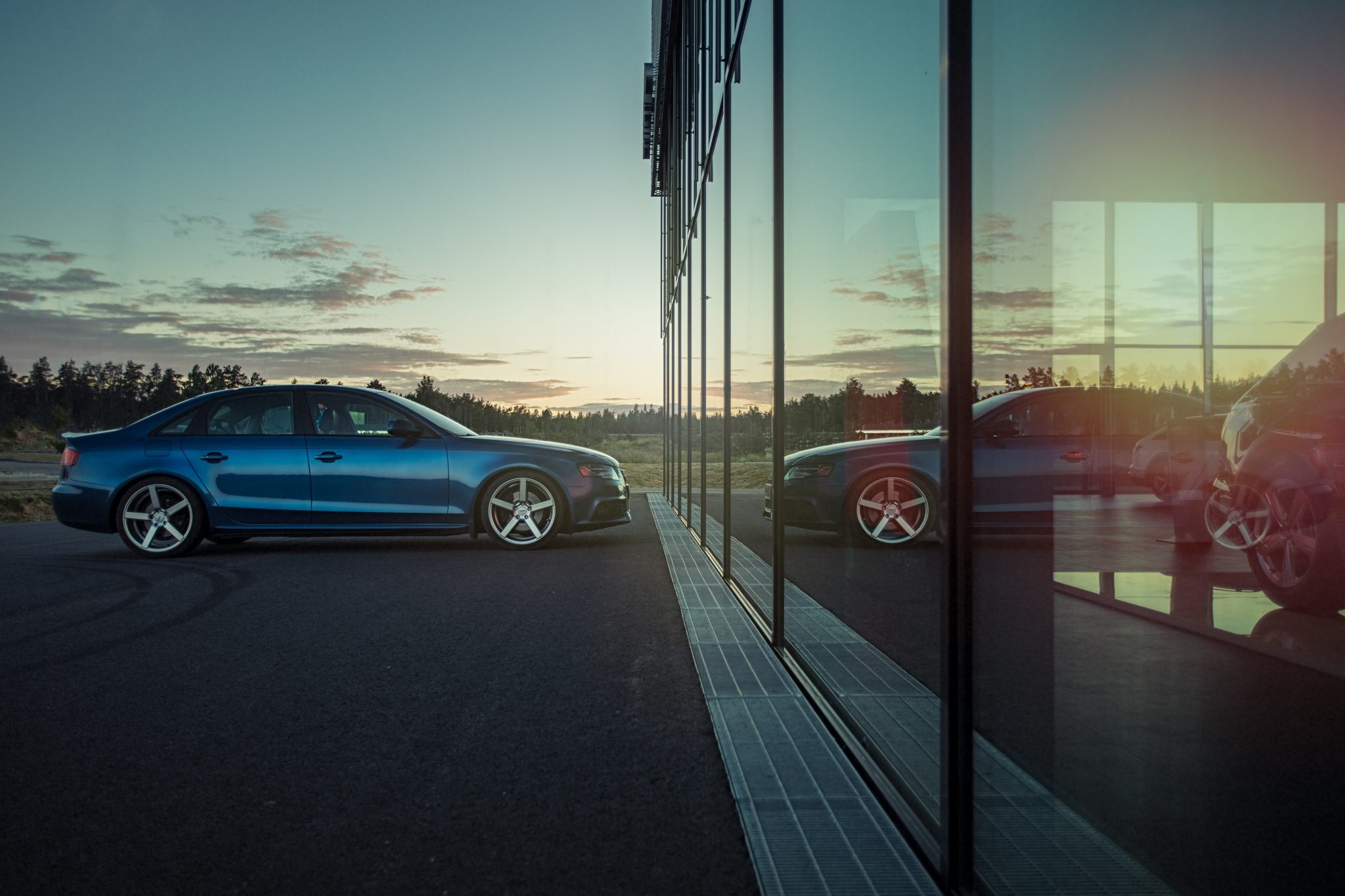If you are excited by the idea of buying your first car, but you have no idea about cars, then the decision to choose needs to surely be a good one! The top priority, of course, is money. What do your finances allow? An auto loan calculator can assist you greatly. Then it is time to define your needs.

Define your needs
What are you going to need the car for? How long do you plan to have it for? Evaluate your lifestyle and the conditions in which you will use the car. It is not worth buying a sports car or a Jeep if you are going to use them in a city; for a city, it is more useful to buy a compact car. However, if you want the car to go on a trip every once in a while, then a truck with a large trunk may suit you. Also, the truck can serve as a home if you plan to spend extended times on the road or go traveling.
Characteristics of the car
Given your needs, you must define what you need in your car? What aspects do you give the highest priority to? Compare between different cars what is most important to you. Such as:
- Size
- Automatic or standard
- Electrical or mechanical system
- Gasoline consumption
- Safety: airbag and type of brakes
- Air conditioning, stereo, computer, and video
- Maintenance costs: some models are more expensive or cheaper to maintain depending on the brand and its accessories
- Insurance cost: varies depending on the model and your geographical region
Your budget
Determine a realistic budget for the purchase of your car. Analyze your income, expenses, and savings and calculate how much money you can allocate per month: first to save for the down payment and later to pay the monthly payments of a loan. Keep in mind that the real cost of a car also includes secondary expenses: insurance, maintenance, gas, checks, parking, etc. If you do not take these aspects into account, at the end of the month, your portfolio will suffer a lot from those expenses.
Check your credit history
Having a good credit history will help you get better credit (lower interest rates and more flexible monthly payments). If you don’t know if you have a credit history or what it is, it is recommended that you read up.
Decide if you want to buy a new or used car
If you want to buy a new car, you must ask yourself the reasons why you want a used car. Is it because of the pristine condition and you will have a warranty? Perhaps it is because you think it will be longer lasting? Your reasons are valid; however, follow the following recommendations:
- Compare different prices between different brands, models, and dealers
- Be aware that as soon as your car leaves the agency it will be devalued immediately
- Look for websites of other reviews from users and see what any problems have arisen from your chosen model

Do you want a pre-owned car?
If you opt for a used car because your budget is smaller, or because you will only use it for a short period of time, it is best to do things a little differently. Private sellers through internet pages, prestigious second-hand establishments can be great and you may also look in the newspaper for relevant ads. It is recommended that the car you buy be between 2 and 5 years old and also that you check these aspects:
- Investigate that the car has not been involved with any type of illegal act
- Check that the papers are in order and that everything you need is in date and relevant to your purchase
- Check that there are no accumulated fines
- Vehicle history: owners it has had, use it has been given, blows, modifications and maintenance it has had
- Check that the serial numbers that appear on the engine, body, and chassis match the original serial numbers
- Look for comments from other drivers, regarding the model and make of the car that interests you
How does it look?
In the second instance, ask a trusted mechanic to check the condition of the vehicle and determine its condition. The important points are:
- Mileage (it is recommended to add an average of 20,000 kilometers per year)
- Body (the structure of the vehicle, part of the vehicle that the passengers or cargo rest on)
- Chassis (the frame that supports the engine and the vehicle bodywork)
- Condition of the tires (that have a useful life greater than 70%)
- Engine (that starts correctly and no strange noises are heard)
- Brakes and clutch (that work correctly)
- That there is no oil or fuel leaks
- Gasoline consumption
- Condition of doors, fenders, hood, trunk
- Paint, oxidation
- Interior and upholstery
If you want a used car it is important to spend enough time to compare options. Look at many sellers that are selling the same type of that you want, because some unscrupulous sellers may want a quick sell and not tell you all the details that you need. Remember you need to look at all expected secondary expenses per year for each car that you look at. Once you have complete prices for the cars that interest you, compare which one offers you the most for what you pay.
Make sure to review all legal documents
Before making a decision, you must consider the terms of the contracts. It is very important to ask about the CAT (Total Annual Cost). Read the fine print because if you don’t, you could lead to getting yourself into debt which could be costly in many ways. Ask the dealers if you can negotiate other types of payment plans because this may be vital to your lifestyle and any good dealer would be happy to look into this for you. Before closing the deal, make sure you fully understand all the conditions and terms. You need to have all the relevant papers before closing the deal to ensure that it is a legit sale and you are getting what you are being charged.
You are already determined to buy your new car, and now the question to be resolved is how to pay for it. Because yes, you have the option of opting for a financing product to get it and benefit from a series of discounts according to the budget that the dealer will make, or make the purchase by paying ‘ in cash’. But is it worth paying cash when buying a new car? This can make life a little difficult if something should go wrong with the car. This is because by paying cash, we give them liquidity and save complications. And we must take this into account because, if we are going to pay in cash, we should negotiate. That is, try to get them to offer us a price that is tighter than the financing budget.
In addition to this, we should also bear in mind that the time of year is not the same for dealers. It will not be the same at the beginning of the year as during the summer, or when the year is about to close. In reality, the most important thing is to find the moment when the dealer’s accounting is going to be closed to get the best opportunity and, obviously, the best price.


